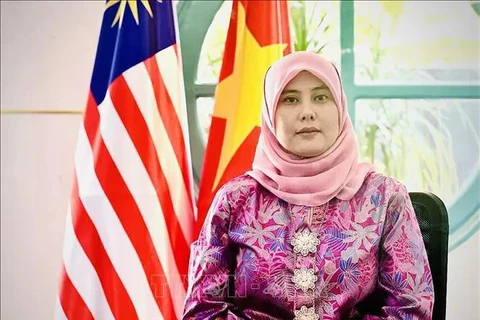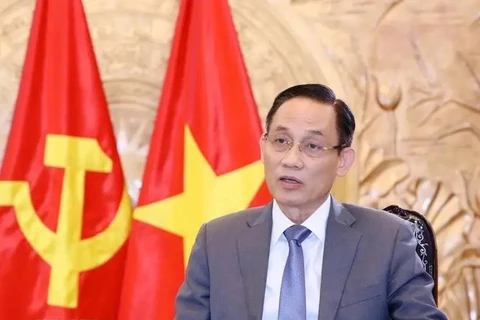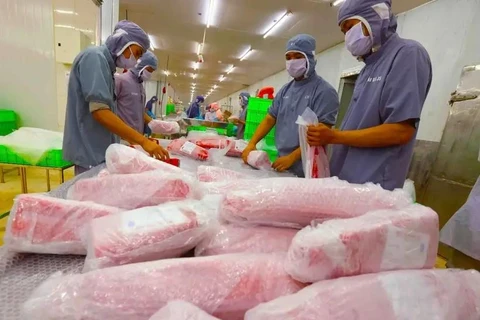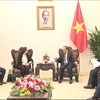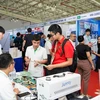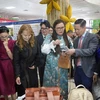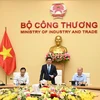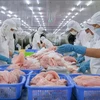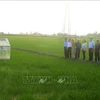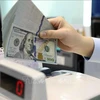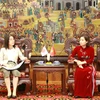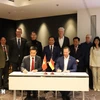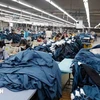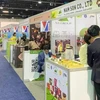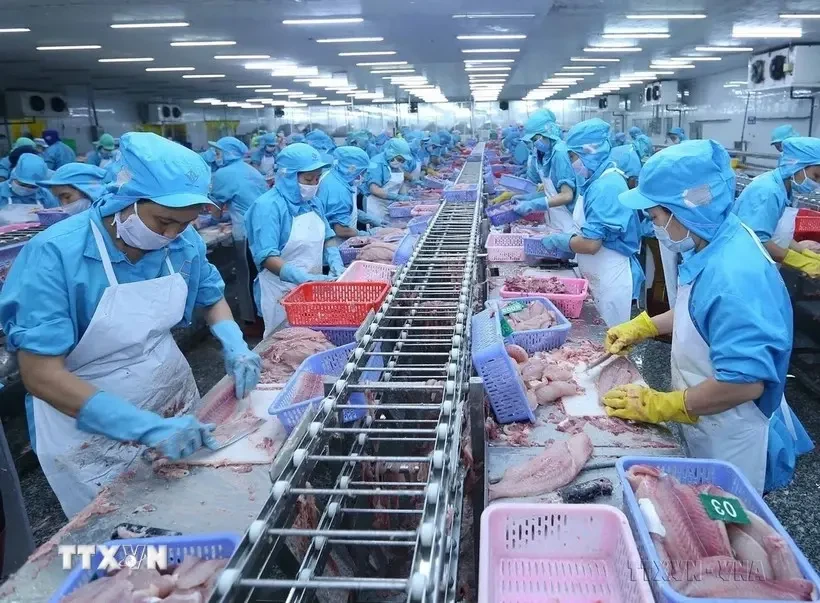
Hanoi (VNA) - The official visit to Malaysia from November 21-23 by Party General Secretary To Lam is expected to open up new opportunities for and mark a new milestone in the economic and trade cooperation between Vietnam and Malaysia. Vietnam and Malaysia are key economic, trade, and investment partners. Their economic and trade ties have steadily grown since the two nations established diplomatic relations in 1973.
Close trade partners
According to data from the General Department of Vietnam Customs, two-way trade reached 10.63 billion in USD the first nine months of 2024, representing a 14.1% increase year-on-year. Of this, Vietnam's exports totaled 3.81 billion USD, a modest rise of 3.5% year-on-year, while imports stood at 6.82 billion USD, up 21.1%.
Notably, rice enjoyed a 131.2% surge in oversea shipments, becoming the third largest export items, accounting for 9.8% of Vietnam's total exports to Malaysia and surpassing mobile phones and components, which made up 8.5%.
Along with rice, coffee also saw the impressive growth of 117.5% compared to the same period last year. However, this increase was primarily driven by coffee beans, used as a raw material for Malaysia's coffee industry.
Although both chemicals and rubber posted significant rises of 124.1% and 287.6%, their shares in the total value remained low, just 3.1% and 0.6%, respectively.
For import, the nine-month span saw the return of computers, and electronics and components to the top position, accounting for 24.1% of the combined import value and rising by 25.8% year-on-year. This pushed petroleum products to the second place, with a 21 % share, although they also experienced an increase of 25.6%.
According to experts, Malaysia's market has strong purchasing power and diverse demand, and share similarities in consumer culture with Vietnam. They also highlighted its relatively low barriers for Vietnamese exports as both countries are members of several regional trade liberalisation agreements.
Apart from the fierce competition in the open market, they said food products are required to obtain Halal certification, which is not recognised by Vietnamese State agencies but those in certain Muslim countries. Currently, only one non-governmental organisation in Vietnam is authorised to issue the Halal certificate, and recognised by the Department of Islamic Development Malaysia.
Mutual support in development

Minister of Industry and Trade Nguyen Hong Dien and Malaysian Minister of Investment, Trade, and Industry Tengku Zafrul Aziz recently co-chaired the 4th meeting of the Vietnam-Malaysia Joint Trade Committee.
Dien praised Malaysia as a key economic, trade, and investment partner of Vietnam, saying since the third meeting in 2015, the bilateral cooperation has flourished, achieving several notable milestones.
In 2023, their trade was valued at nearly 13 billion USD. Cooperation in energy and labour supply, as well as collaboration within multilateral frameworks have thrived, contributing to the development of both countries. The partnership in other sectors such as agriculture, investment, and banking has also seen progress.
The two sides are working on bilateral cooperation documents, covering trade promotion, banking supervision, and agriculture, according to Dien.
As some cooperation contents have yet to match both sides’ potential, the official suggested they sketch out orientations and measures to better tap their advantages to boost the economic-trade ties comprehensively.
Experts said the two countries’ localities and associations need to step up trade promotion, while exporters should be cautious in transactions and pay more attention to the export of Halal food to the market.
They also emphasised that the two countries would support each other in digital technology, the green economy, and the energy sector. /.
